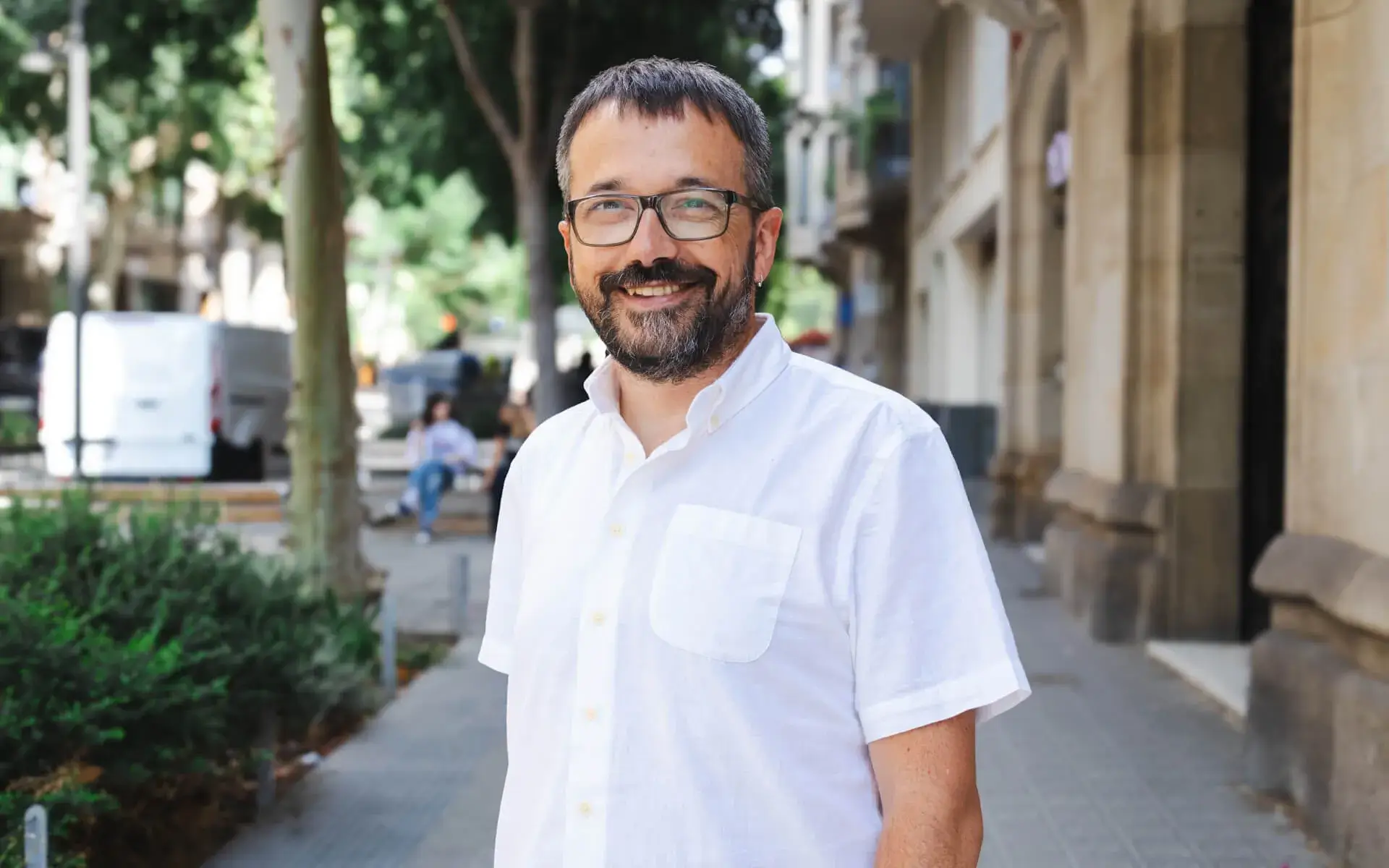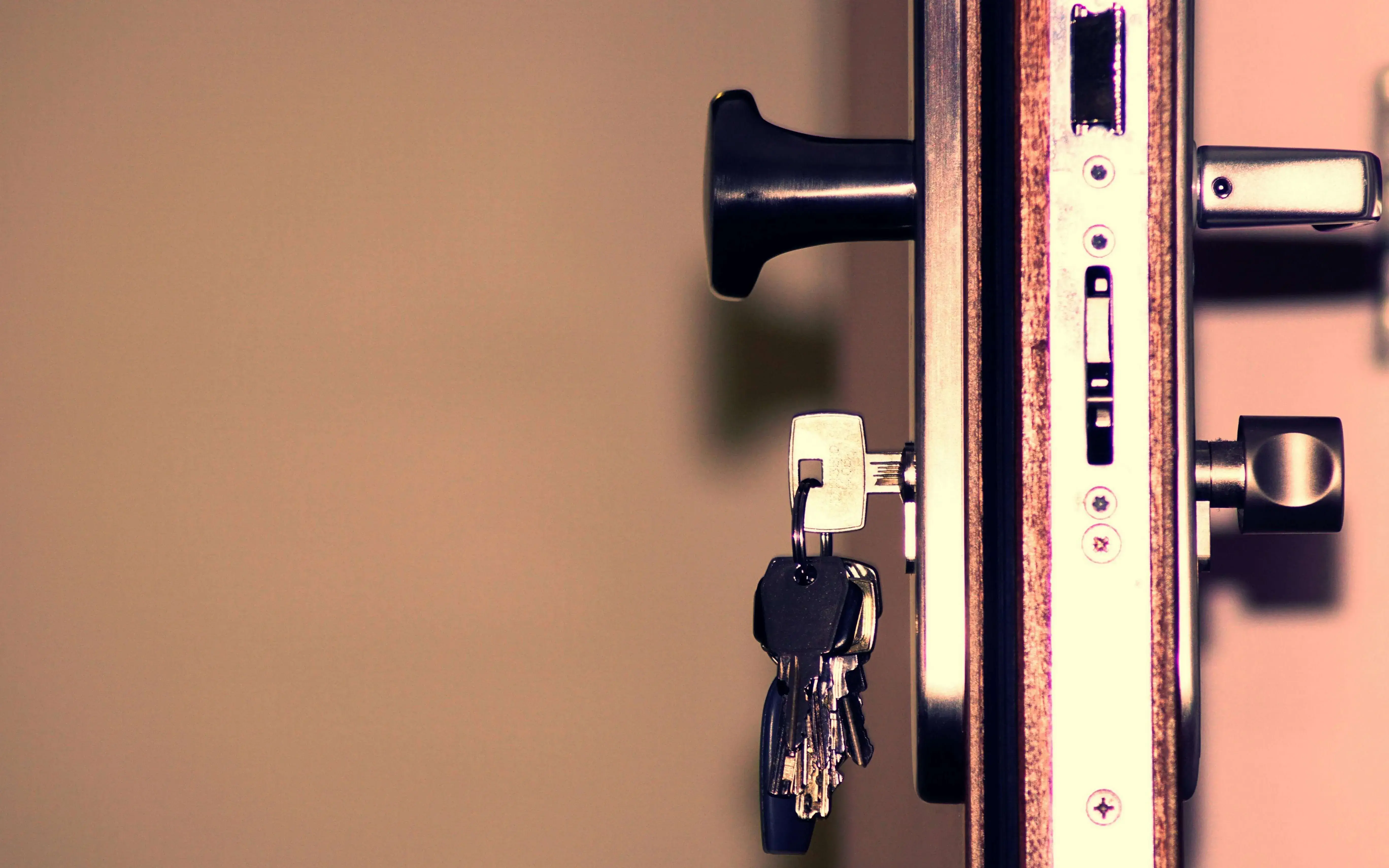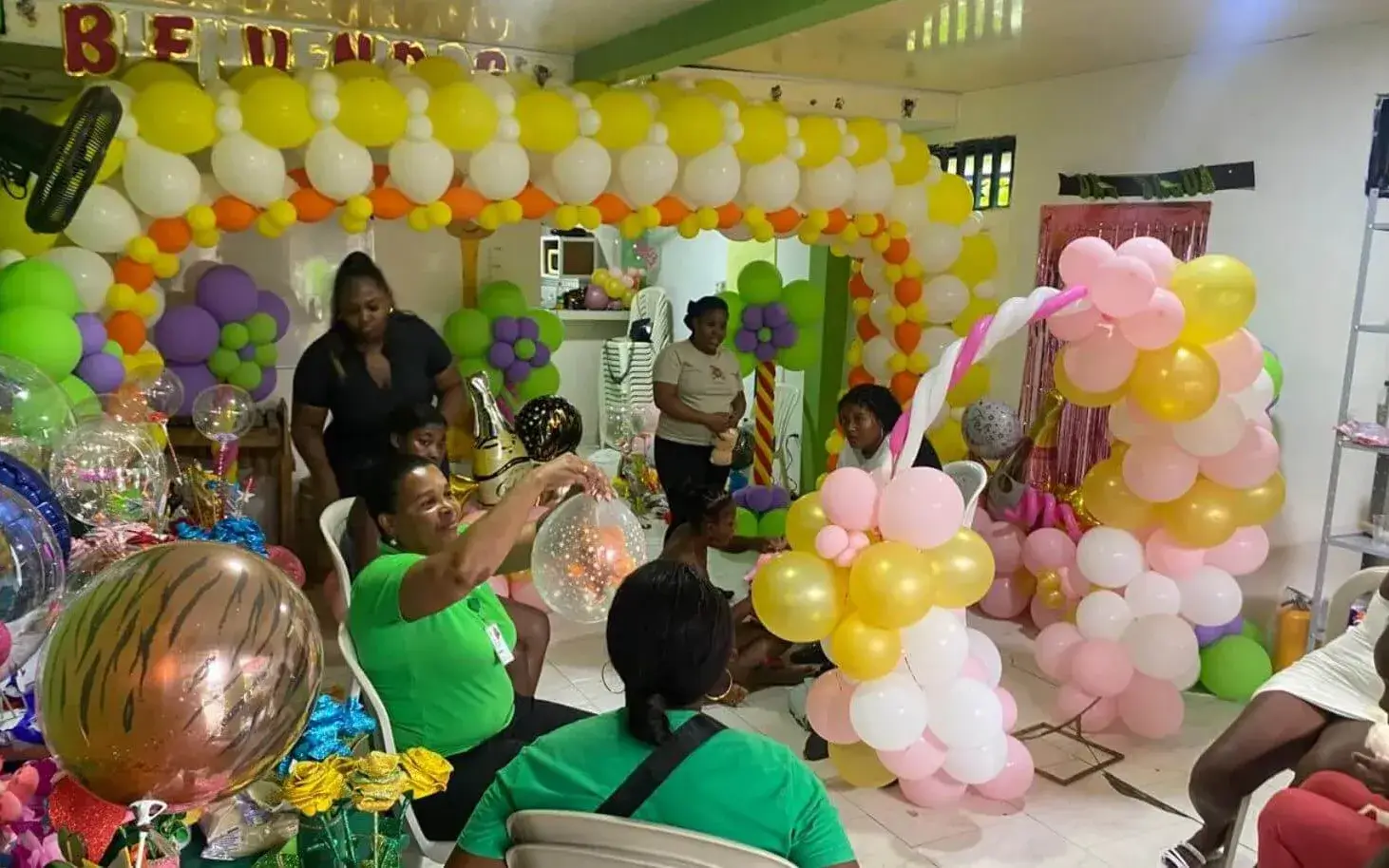Elisenda Rovira: "We are under no pressure from any large financer; we owe ourselves to the collective interests of the people supporting us"
We have talked with the coordinator of the "Mèdia.cat yearbook on Media Blackouts" about the health of the media and the health of the journalism.
What is the Mèdia.Cat yearbook and what is its aim?
The Mèdia.cat yearbook on Media Blackouts is a project on investigative journalism that brings together news reports on stories that have been silenced by corporate media outlets. The aim of this yearbook is to make these issues heard and to place them on the agenda of the media, so that society knows about them. To do this, we carry out intensive research into topics, we select those we find more interesting, we engage journalists to research the topics and we publish them in a book, which we then distribute widely so that other medias can pick up on the stories.
How did the project originate and what organisations are making it happen?
The Yearbook came to life in 2010 within the framework of the Mèdia.cat Critical Observatory, a portal that, through daily study, in-deep analysis and other contents, studies the way in which the media deal with issues relating to violence, political and social conflicts, male chauvinist or xenophobic language, the Catalan language and the creation of collective political imagery in the Catalan-speaking regions, etc.
Both the Yearbook and Mèdia.cat are two projects belonging to the Ramon Barnils Group of Journalists, a nonprofit group working for independent, critical and thorough journalism, composed of 130 professionals. The Fundació Catalunya with the collaboration of the Catalan Journalists’ Association supports the Yearbook, six universities from around the Catalan-speaking regions that offer studies in journalism or communication, and the City Council of Barcelona.
The MediaCat Yearbook is inspired by Project Censored, from the Sonoma State University. What has been the repercussion of this project in its forty-year history?
Every year, since 1976, Project Censored presents the 25 most censured topics in large US corporate media. Furthermore, an important part of its task is to make students and the public in general aware of how the media work and provide a critical analysis of the mechanisms in place to stop certain topics from appearing in the large media although there is no official censorship. Throughout its history, Project Censored has expanded its educational programme all over the US and the world, and has increased its relations with independent media and organisations working for the freedom of expression.
All in all, this has been useful in showing, once again, how important it is to have truly free press and what are the mechanisms that impede this. Although its functioning is slightly different to ours, both projects are largely funded by personal contributions, which ensures they are independent. It is interesting to compare the topics that are most silenced here and there; they are not always the same. For instance, on the latest list, the most censured topic was the Oxfam report explaining that the richest 1% of the world population accumulates half of the global wealth, a study that did get a considerable media coverage in the Catalan media.
In the years that the Yearbook has been published, you have uncovered some media blackouts. Which would you highlight?
For instance, the first edition reported on the involvement of the Spanish royal family in the case known as Palma Arena, an issue that back then only briefly appeared in some Majorcan local media. The second one explained how the neighbours of the Ciutat Meridiana neighbourhood in Barcelona were organising to create mutual support networks to confront the economic crisis and stop evictions. The 2014 edition focused on the financial support given by the Catalan Government to schools that segregate by gender, amounting to 25 million Euros per year. In the latest report we turned our attention to suicides and alleged mistreatment to prisoners in isolation. They are all topics that were once silenced and are now on the media agenda and a topic of general discussion.
Compared to other countries, how would you describe the health of Catalan media regarding media blackouts?
I think that here in Catalonia, in recent years, there are reasons to feel optimistic. Fewer and fewer topics are being silenced, because new media have appeared reporting on topics that are usually censored or ignored by large media and because now the conventional media are turning their attention to issues that were not usually dealt with. These new media strive to provide information that has been left to rest and providing a background; they search for alternative sources of funding so they will not depend excessively on subsidies or large advertisers…
Moreover, in recent years, probably since the economic crisis, we have seen a rise in social demands, amidst calls for a greater control of public spending, the many scandals of corruption unveiled, etc.; all in all, this has made the large media to put the spotlight on topics that traditionally were forgotten. However, we cannot forget in many media outlets, journalists are working in very precarious conditions, they have very little time to prepare the information, and they face a growing economic and political pressure in a context were revenues are dropping.
Are there certain areas or issues in Catalonia that are usually sidelined by the media?
One example of an area that is usually not picked up in the media is the issue of prisons. Everything that goes on inside the prisons, the inmates’ living conditions, etc. nobody is really aware, except on those rare occasions when there is a headline after a conflict arises. In our Yearbook we want to shed light on the questions with a reportage on a female inmate who committed suicide at the prison of Brians who had denounced being mistreated by female workers at the prison.
Have you come up against difficulties when doing your work or disseminating the outcomes?
Sometime it can be difficult to have access to some sources involved in a conflict or controversy that are not willing to talk. I mean, for instance, large corporations with questionable actions; having said that, others have no problem offering their versions. Turning to the dissemination side, many media do pick up on these stories, whereas others continue ignoring the topics we bring to light.
How can people help you identify and uncover what is not covered in the media?
Very often it is organisations and groups working on a specific topic that help us to detect a media blackout. Counting on people’s collaboration is very important, always remembering that it must be a topic of general interest and there must be a minimum prior documentation process to investigate further. People, who know of a certain topic and think it may be of our interest, may write to us at anuari@grupbarnils.cat.
What makes it possible to give continuity to a project of independent journalism like this?
Since it’s second edition, the Yearbook is made possible thanks to crowdfunding, where hundreds of people and entities donate. The funds collected through the campaign –last year we got almost 10,000 Euros from 400 donors– represents most of the funds for the project. At the same time, this ensures that the project remains independent, because we are under no pressure from any large financer; we owe ourselves to the collective interests of the people supporting us.












Add new comment